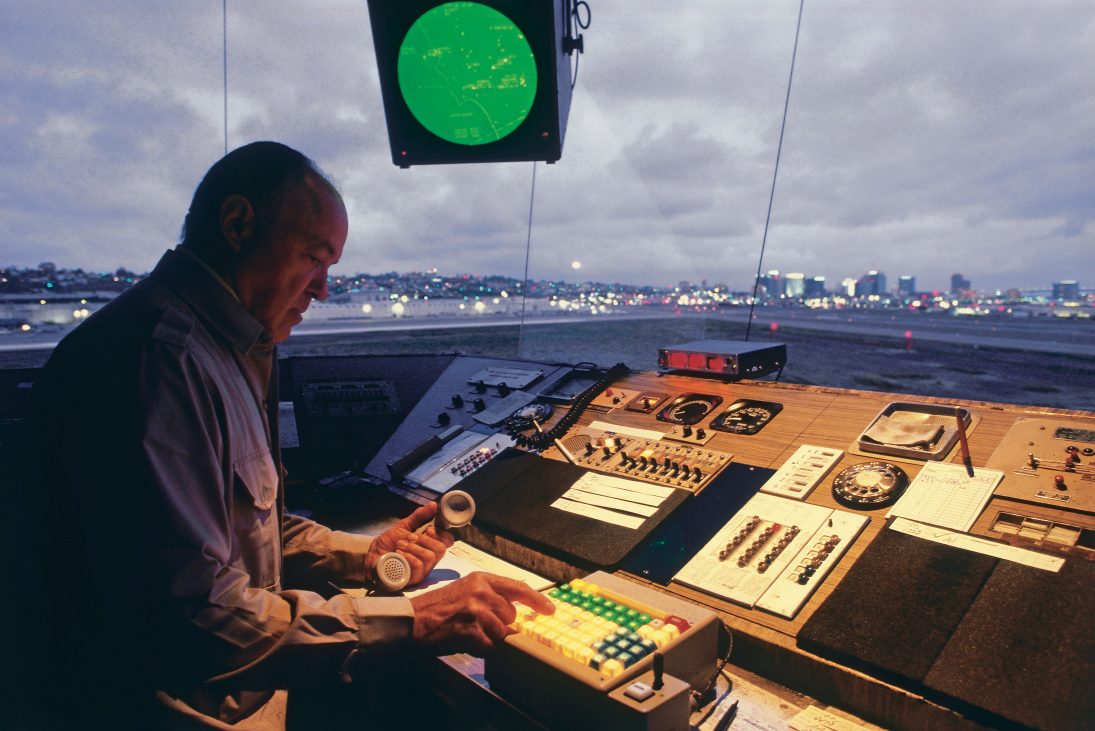
Business Aviation Security: A Continuing Priority For NBAA and Industry
A Review of Accomplishments and Current Efforts
The business aviation community and the federal government have adopted, implemented and enhanced many security requirements and best practices that reduce business aviation’s vulnerability to terrorist threats. The following list highlights progress made by the National Business Aviation Association (NBAA) and the business aviation community in enhancing security for the industry.
- The government has cross-checked, and continues to check regularly, the records for all airmen against federal no-fly and watch lists.
- The general aviation airport community has adopted the Airport Watch Program, an initiative at non-commercial airports for raising security awareness and reporting suspicious activity to federal authorities.
- Through industry pressure, the Transportation Security Administration (TSA) created a toll-free telephone number for reporting suspicious aviation incidents.
- All foreign citizens seeking certain types of flight training in the United States must undergo a fingerprint-based background check prior to training.
- The Treasury Department and the aircraft manufacturing community have established requirements for searching for suspicious aircraft sales and transactions.
- The Federal Aviation Administration (FAA) has developed and issued tamper-proof licenses and certificates for pilots and other FAA-certified personnel, and all pilots must carry tamper-resistant, government-issued photo identification while flying.
- The TSA requires all charter aircraft over 12,500 lbs. (turbo-prop and larger) to comply with strict pilot background checks, as well as passenger manifest and identification review requirements.
- The TSA created an office focused specifically on security issues affecting general aviation.
- General aviation aircraft arriving from international destinations must notify U.S. Customs officials prior to arriving in the United States.
- NBAA created a Security Council consisting of aviation professionals and security experts with federal security backgrounds to continually review vulnerabilities and to develop solutions, in partnership with the Department of Homeland Security (DHS) and TSA, for industry adoption.
- The TSA has conducted risk assessments on the general aviation industry.
- Congress has mandated that TSA conduct security assessments on general aviation airports and we will work with the agency to accomplish these reviews.
- In September 2007, Customs announced a proposal to require additional reporting elements for all international general aviation arrivals and departures.
- NBAA, in partnership with TSA, has developed a voluntary proof-of-concept security program for general aviation aircraft called the Transportation Security Administration Access Certificate (TSAAC), which provided TSA valuable information on general aviation aircraft operators’ security capabilities.
- The TSA has released a series of best practices for general aviation airport security which identifies a number of possible security enhancements to reduce security risk.
- The business aviation community developed best practices for business aircraft operators that focus on people, aircraft, facilities and procedures and conducted a series of training and awareness seminars to educate the business aviation community.
These mandatory and voluntary government and industry-driven initiatives have enhanced security within the business aviation community and have hardened the business aviation community against security threats.
NBAA has been a partner with both the DHS and TSA in developing effective, efficient general aviation security measures. NBAA and the business aviation community will continue working collaboratively with federal security officials to review existing programs and evaluate the need for enhancements and help TSA put scarce resources where they can be most effectively utilized.


 International Business Aviation Council Ltd.
International Business Aviation Council Ltd.